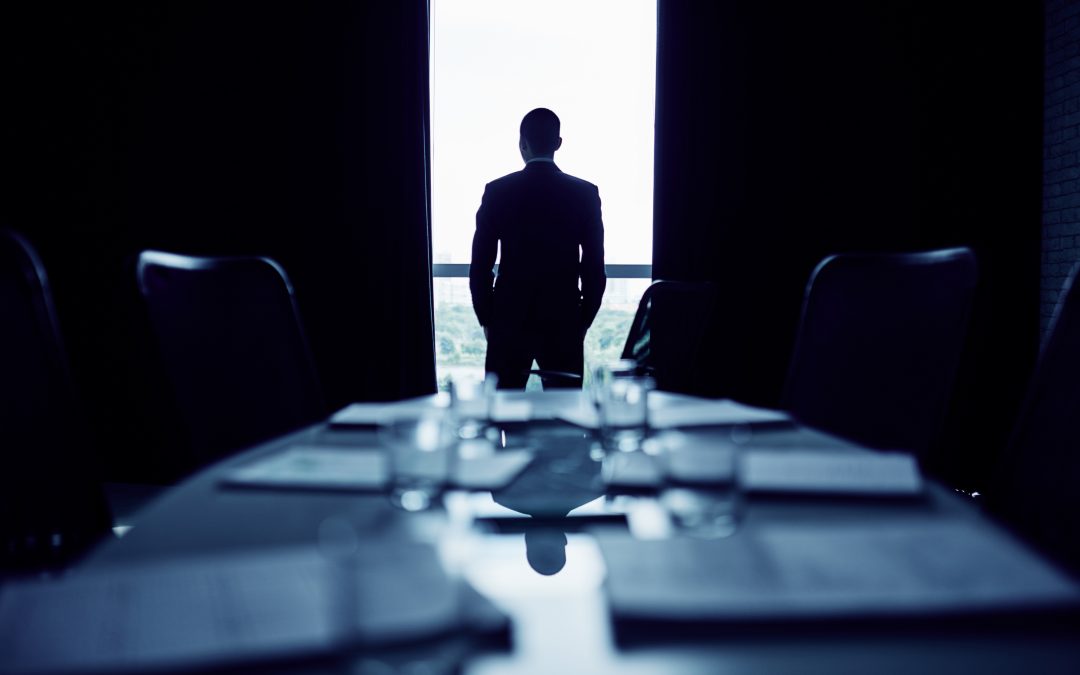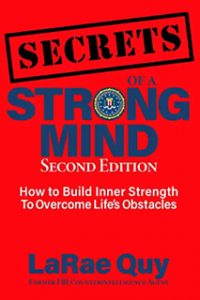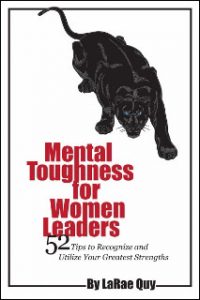2020 was about staying alive. Everything else was fluff.
This summed up an email I received from one of my readers. She still has her job but it feels like hell because so many of her friends lost their job. She’s healthy but that feels like crap, too, because she’s lost two family members to COVID.
On the plus side, no one has broken her heart because she’s no longer looking for love. She’s saving money because there’s no reason to buy anything except food and other essentials. And she’s no longer gets disappointed in herself because she’s given up on self-improvement.
To say she feels stressed and anxious would be an understatement. But the struggle against stress and anxiety is not limited to her circumstances. Many people feel the same way.
It suddenly came to me that there is a perfect four-letter word for this moment in time—hope.
The Dark Year Of Our Lord 2020 has revealed that the feeling we most yearn for in life is hope. Without it we have no defense against despair, depression, and burnout. The reason is because hope is about the future, not the crap that’s already raised its ugly head.
Hope requires two things: motivation to achieve your goal, and a strategy to get there. This is why hope is different from optimism, which is the belief the future will work out no matter what you do.
Here is how hope is an effective way to overcome stress and anxiety:
1. Hope Reminds Us That More Is Not Always Better
It’s a hard time for a materialistic society because the more we have, the less we lean on hope. We’ve already fluffed our nest and purchased our shiny new car. Whoever dies with the most toys, wins the game of life, right? Except that’s some seriously shallow shit and 2020 has made it obvious that our possessions can’t save us. The bandaid has been ripped off and if we want a deep healing, we’ll need to rely on something more substantial.
When we own nice stuff we tend to become emotionally attached to those possessions and see them as part of ourselves. Most of us understand our psychic connection to the stuff we’ve earned through hard work and wise investments. Materialistic cultures actually encourage us to express our identities through consumerism.
But more is not always better. Here is where is gets seriously messed up because psychologists have discovered something called loss aversion. It’s why we perceive the pain of losing our precious possessions to be greater than the pleasure of acquiring them. By some evil quirk of nature this response is actually hardwired into our brain, so good luck in pretending you’re the exception.
Materialism can devour us from the inside out. An impressive amount of research suggests that preoccupation with possessions and the social image they project produces anxiety, stress, depression, and broken relationships.
How To Make It Work For You: Turn the tables on your brain and be proactive—get rid of unnecessary possessions. Take a page from Marie Condo and let go of everything that doesn’t spark joy. In the process, you will reduce stress and anxiety because you’ve:
- Freed up more time to spend with friends and activities.
- Invested more energy into your attitude and behavior and less on objects.
- Removed the stress that comes with trying to hold on to what you already have.
- Saved money.
- Learned how to rewire how your brain thinks about loss aversion.
2. Hope Requires A Healthy Sense of Control
The self-esteem movement was officially launched in 1986 by California and has been described as silly at best and injurious to society at its worst. Back then self-esteem was used to measure all behavior in life—successful people had high self-esteem while losers were the duds with low-esteem.
The mantra was “Make everyone feel good about themselves” and has led to our present day behavior where we give kids prizes for just showing up, or good grades for everyone, and of course, everyone’s feelings must be protected at all costs.
Research now shows that there is no correlation between success and self-esteem. And guess which population has the highest self-esteem on the planet? Violent criminals!
A bit more research into self-esteem reveals there are different types of self-esteem.
1. Toxic self-esteem is fueled by a sense of victimhood and a “don’t blame me, it’s someone else’s fault” mentality that is rampant in today’s world. A person with toxic self-esteem can have a delusional sense of entitlement and a belief they need to feel good about themself, no matter what.
2. Healthy self-esteem has deep roots in how we feel about the things we can control in our life. The reason this is important to overcoming stress and anxiety is that hopeful people draw upon a strong sense of control.
Hope is derived from a clear understanding that, while we can’t control how much money we make, we do control how hard we work and how we develop skills to become a success.
Hopeful people have less stress and anxiety because they don’t beat themselves up when things go wrong. Instead, they take pride in what they have controlled in their life, such as their accomplishments and their ability to learn new things so they can improve their circumstances.
How To Make It Work For You: Establish a baseline or starting point in those areas in which you need to improve. To keep from being overwhelmed, identify the steps you need to take and over which you feel you have control.
3. Hope Uses Stress And External Pressures To Make Us Stronger
In 2011 Nassim Taleb wrote about a concept he called “anti-fragility.” He argued that, just as some things (people) become weaker under stress from external forces, other things (people) become stronger from them.
A piece of glass is fragile and can easily break. Like spun silk, the petal of a petunia, or a teenager’s feelings, they must be protected at all times for fear they’ll fall apart.
A chunk of steel is strong and robust. You can kick it, punch it, and throw rocks at it but it won’t change a bit.
Taleb argues there’s a third system, one he calls the “anti-fragile” system. While fragile systems break down and robust systems hold up against change, the anti-fragile system gains strength from stress.
Humans can go either way. You can be fragile or anti-fragile depending on how your mind decides to react to stress and anxiety.
If we choose to search for ways to adapt and grow in our circumstances, it’s called learning. Hope can turn stress and external pressures into a learning experience. Veterans often talk about how the trauma of combat can lead to growth. Learning makes us smarter because it allows us to gain from our stress and anxiety. Of course, this requires that you actively get off your butt and embrace the pain of moving through adversity.
Wimps take another path; they avoid pain at all cost because they are…yes, fragile. Many children are raised to be fragile by parents who go to great lengths to ensure their precious child encounters no setbacks in life, receives no bad grades, has perfect teeth, and attends the school of their choice on scholarships (even if they’re dumber than a post).
Aren’t you special?
We’ve been conditioned to accept that all stress is bad so we avoid pain, stress, and disorder. As a result, our tolerance for day-to-day setbacks is diminished and our little world gets smaller because we don’t want to experience anything negative in life.
Remember, it’s all about happiness these days! But the relentless pursuit of happiness is actually an avoidance of growth. It creates a thirst that can never be quenched because it relies on fleeting moments to fulfill us as human beings. The pursuit of happiness never probes the deeper question of what makes life feel meaningful.
Stress is not always a bad thing. Experiencing stress is simply the body’s response to changes that create demands on us. But some stress can actually be a positive experience. Eustress is a from the Greek word “eu” which means good. Eustress is full of hope because it moves us toward the positive things in life. These are the things for which we’ll endure pain and discomfort.
Eustress is a positive response to stress that is healthy and positive. Distress happens when we perceive our stress as a negative threat.
The Stoics understood that the quality of our life is determined by the quality of our character. When we deny ourselves the option to feel pain in the pursuit of a purpose that holds value for us, we deny ourselves the ability to feel purpose at all.
How To Make It Work For You: Distinguish between genuine distress that can have a negative impact on your health or well-being, and eustress which can give us hope that we can achieve the things we want in life. For example:
Distress:
- Death of a loved one
- Divorce
- Abuse or neglect
- Injury
Eustress:
- Buying a new home
- Starting a new job
- Moving
- Having a child
© 2021 LaRae Quy. All rights reserved.
You can follow me on Twitter, Facebook, Instagram, AND LinkedIn
Are you mentally tough? Here is my FREE Mental Toughness Assessment
Check out my new online training program at www.SecretsOfAStrongMind.com
Get my new book, “Secrets of a Strong Mind (second edition): How To Build Inner Strength To Overcome Life’s Obstacles”
Author of “Mental Toughness for Women Leaders: 52 Tips To Recognize and Utilize Your Greatest Strengths”





What a wonderful post LaRae! I agree that hope may be just what will bring us through this pandemic in one piece. I love your requirements for hope: “motivation to achieve your goal, and a strategy to get there”. I find that focusing on my goals can be a bit foggy at times but is essential to launch my next steps. So coming up with my plans and the steps I need to take to resurrect some parts of my business model is critical. We absolutely need hope.